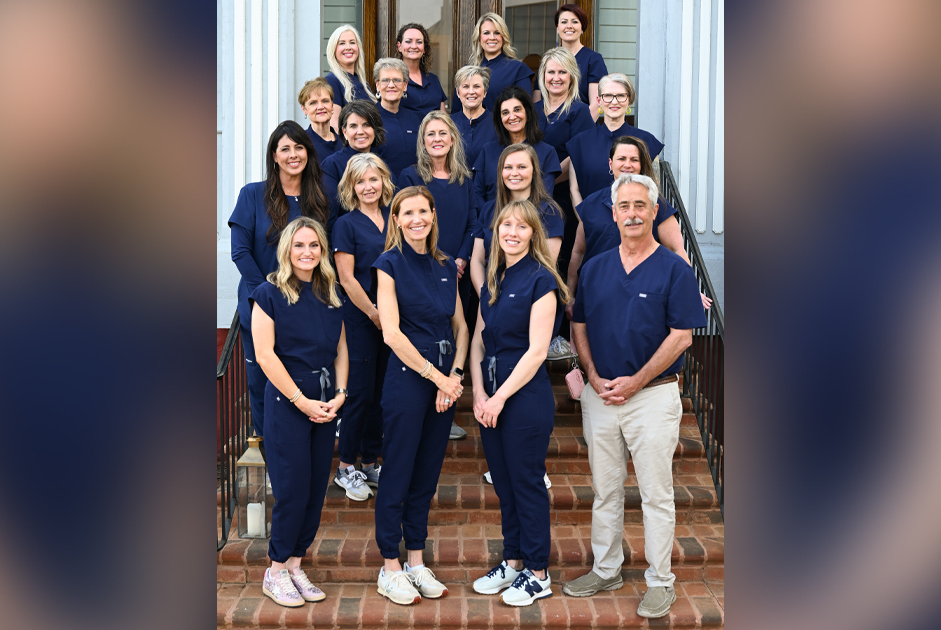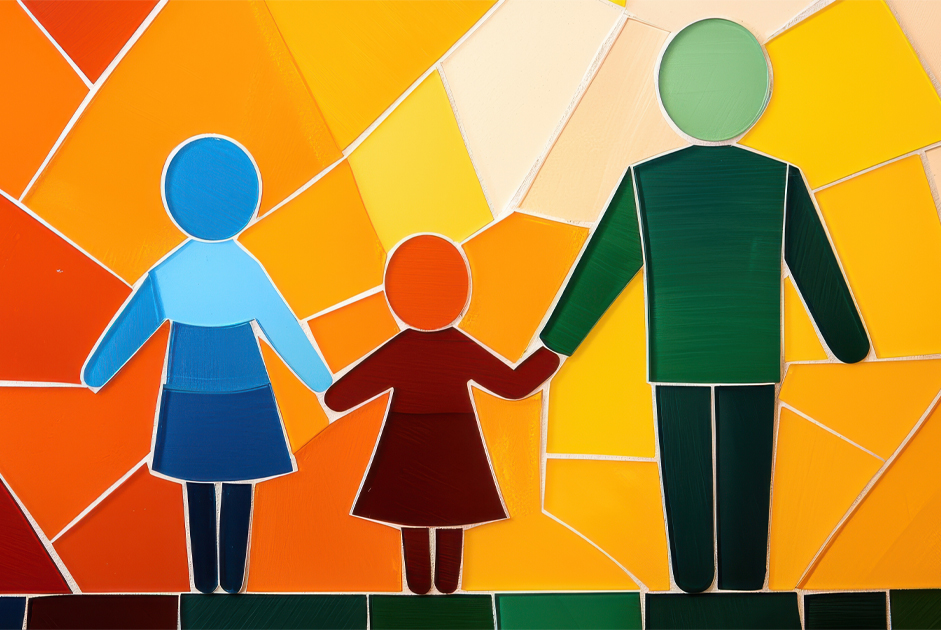“You can’t sing.” Surveys say that 85% of us have been told this at least once.
The speaker is saying that they think you hit the wrong notes or your voice wavers or is harsh. But instead of being an opinion, this phrase sounds like a command to be silent and, unfortunately, it may actually have a shaming consequence.
If we forget that the ability to sing is a gift, one that cannot be stolen by a callous individual, we miss out on so many benefits. And besides this we fail to obey a different command, “Shout for joy to the Lord, all the earth, burst into jubilant song with music; make music to the Lord with the harp, with the harp and the sound of singing.” ~ Psalm 98:4-5.
In addition to being too ashamed to sing aloud, we have lost a great number of the habits which encouraged singing in groups in the past. Every country has its own anthem, which serves to create unity, but the individual is losing sight of this benefit. For the majority of Americans, activities like singing around a campfire or in a church have dwindled.
My college roommate, Meagan, got a ukulele this Christmas and she spends almost all of her free time learning to play her favorite songs and even writing her own, all the while singing along. When I told her about this article and asked her why she liked to sing she said it gave her an open, free feeling that “just talking doesn’t; it requires more emotion.” She continued, “Some people can talk all day but never have the boldness to sing—it is very exposing.”
Refusing to sing because of fear of criticism either from yourself or others takes away a notable way of communication that “just talking” does not always allow. This emotional liberation has been seen to decrease depression and anxiety.
Paul Nelson, who has received a Master’s in musical theater writing, speaks to the idea that singing is an emotional experience when he comments on the popularity of musicals. He says, “The song in a musical is like a close-up in a movie. When you get a movie close-up, you see small emotional changes in the actor’s face, and these communicate emotion.”
Singing out loud, especially now that it is less socially accepted and participated in, takes boldness. You must determine for yourself if the emotional, social, and spiritual benefits outweigh the memory of past, or possibility of future, criticism. If you decide that the benefits outweigh the possible discomfort, turn on the radio and belt along. Sing with headphones on, sing while you’re doing the dishes, or in the shower, or during those thirty seconds alone in the elevator. Better yet, join a choir and let your confidence inspire an audience. However you decide to use your voice, keep in mind that no critic can snatch this gift away—unless, of course, you let them.




















